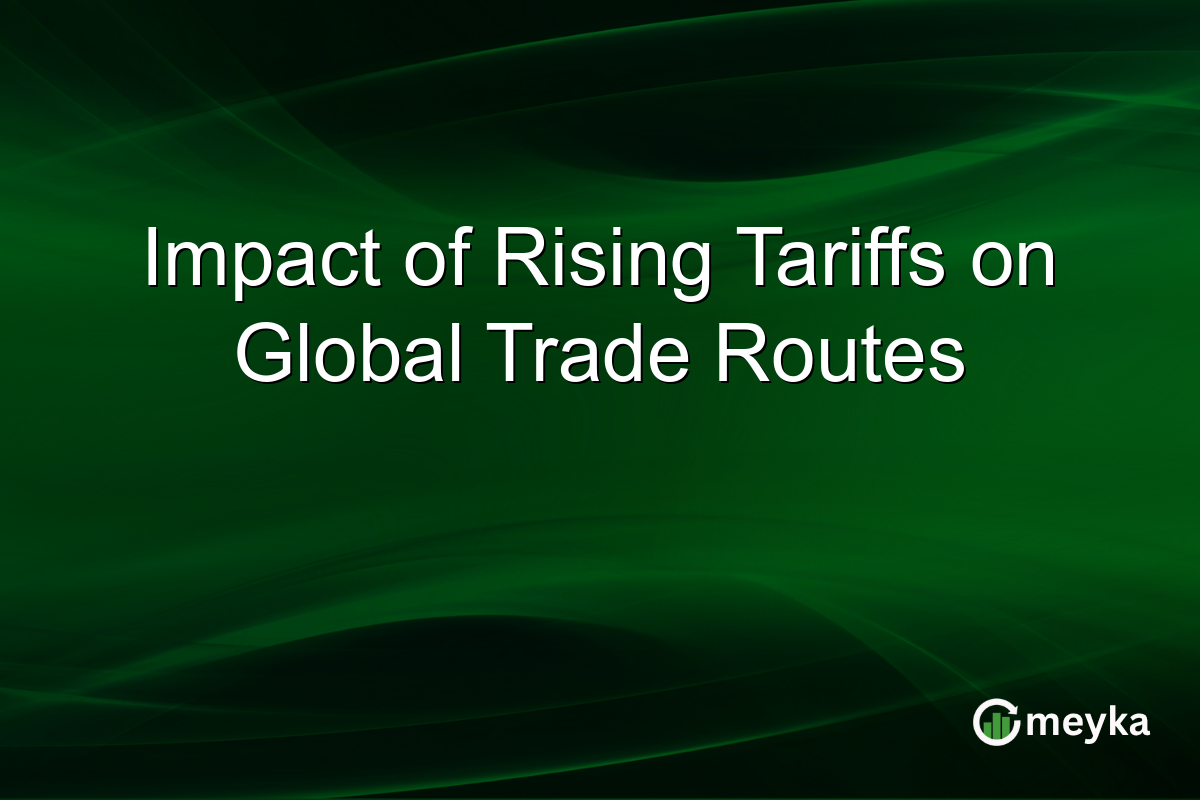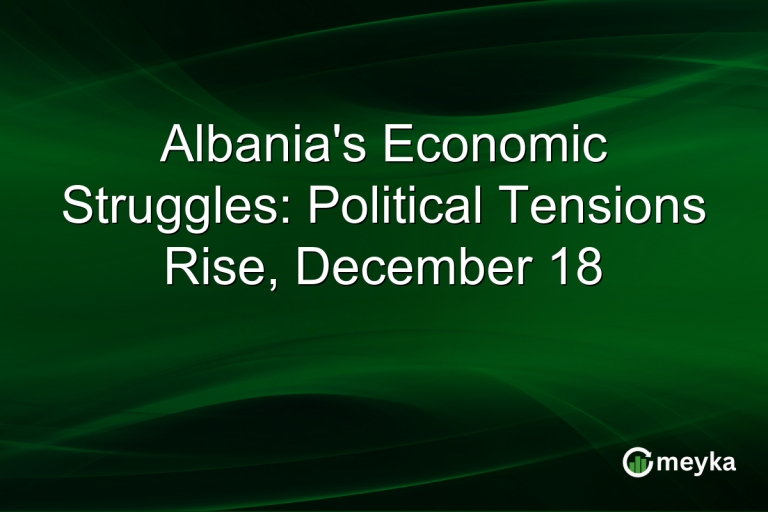Impact of Rising Tariffs on Global Trade Routes
The rise in tariffs globally is reshaping how trade routes function. This change impacts goods worth an eye-catching $2.7 trillion, accounting for about 20% of global imports. As countries embrace protectionist policies, the landscape of global trade routes is evolving rapidly. The “Allianz Trade report” highlights significant shifts in trade behaviors, emphasizing the growing importance of friendshoring. In this article, we’ll explore these changes and their implications for global commerce.
Continue Reading on Meyka
This article is available in full on our main platform. Get access to complete analysis, stock insights, and more.
Read Full Article →





